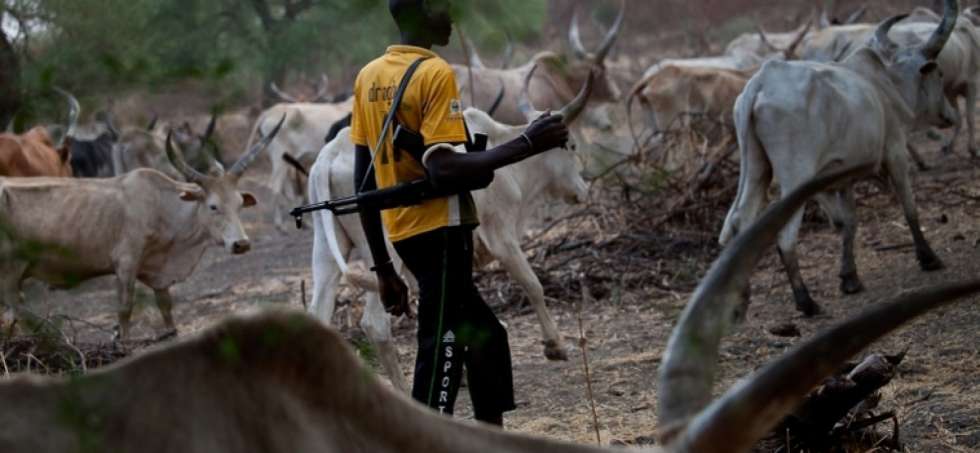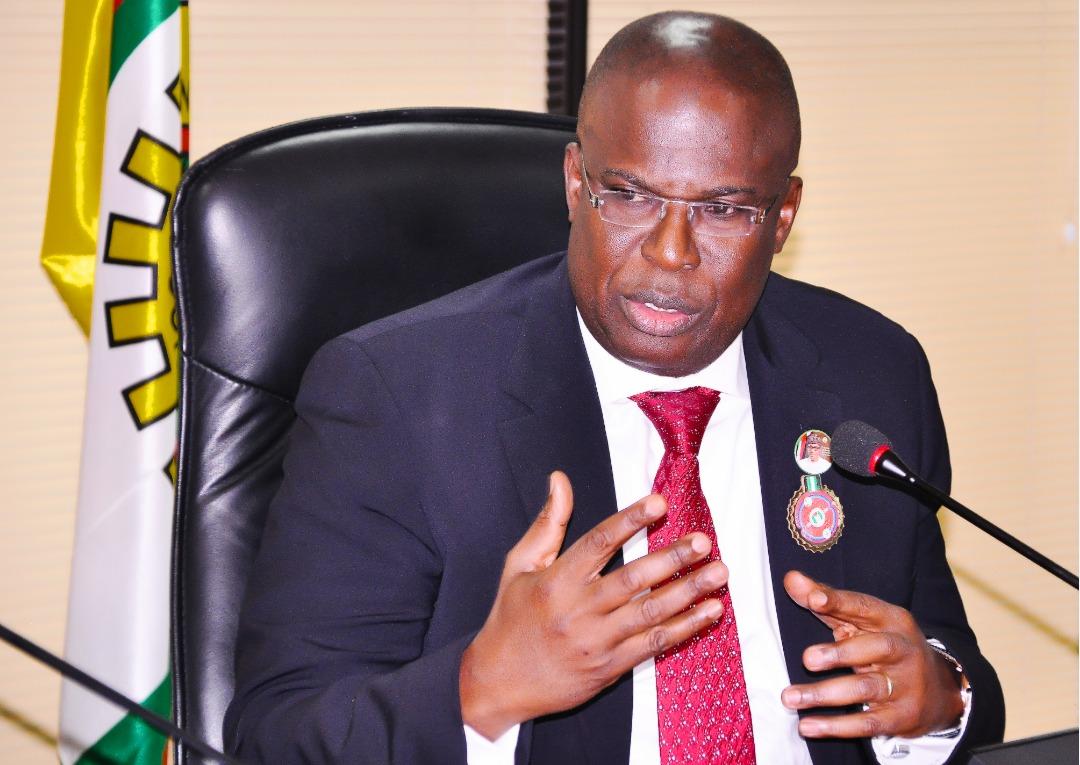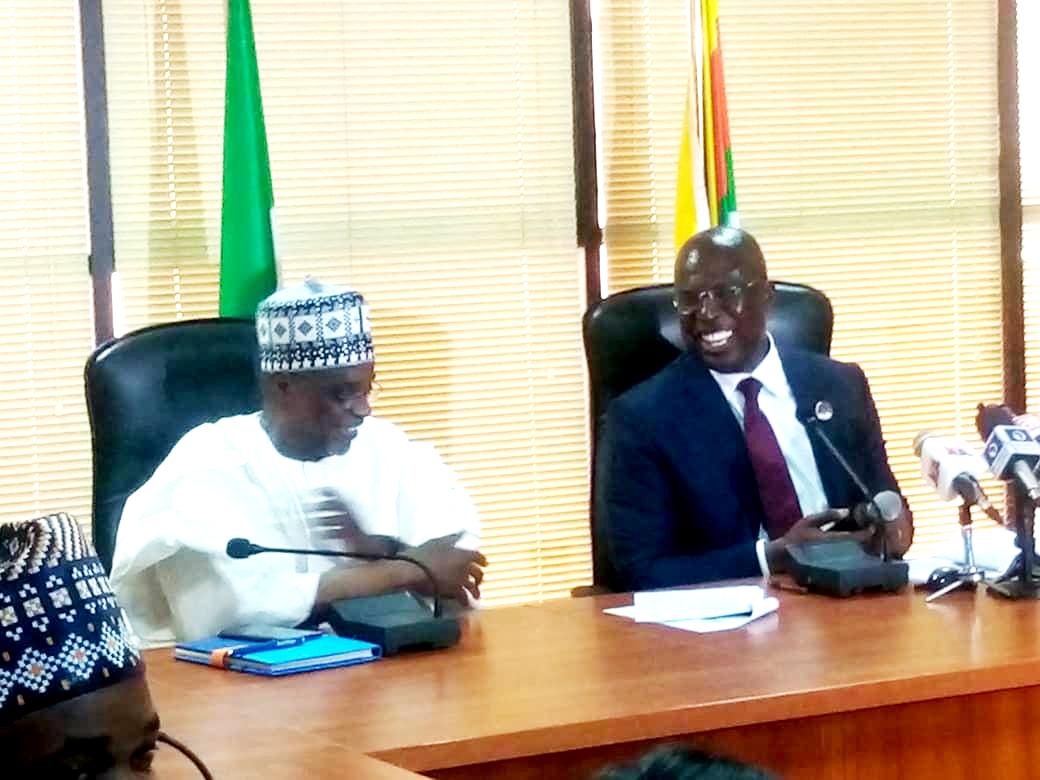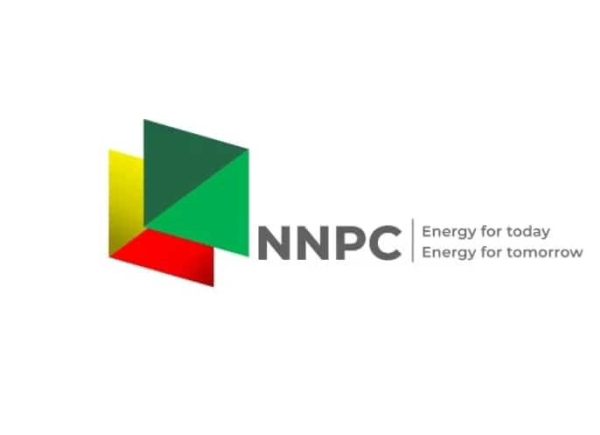Rewinding back to May 29, 2015 when the current administration of President Muhammadu Buhari was first inaugurated, there were high hopes of strategic diversification of the economy that will be powered by agro-revolution.
Virtually every state and community geared up to making good commercial use of their arable lands in deepening farming activities in line with the agro-diversification mantra of the Buhari administration.
Many states were coming up with specilaised farming products even as the then Minister of Agriculture and Rural Development, Chief Audu Ogbeh came up with different support schemes for farming associations and groups across the nation.
The Minister even when the extra mile of inaugurating the very first Yam exports to EU and America at Apapa Port due to growth in productivity.
However, when marauding Fulani herdsmen coming in from North African countries where the impacts of global warming and climate change were poorly managed arrived with their AK 47 and other killer machine guns, the entire progressive scenarios changed for the worst.
The encouraging growth of agro-diversification started facing Fulani herdsmen intimidation and this was made more manifest by the near silence of the federal government that was preaching ‘back to farming campaign’.
Otherwise, the Buhari administration failed to nip the killings in the bud, thus dragging the Nigerian agrarian population to the ancient scramble for lands of the 17th century instead of moving the highly ready and enterprising farmers to the current 21st century mechanised farming systems.
The above scenario further killed the interest of earlier hopeful farmers who are now left with the task of fighting for the ownership of their lands instead of growing their seasonal productivity.
Experts say at this point, the Federal Government rather than encouraging herdsmen to go for the modern animal husbandry which is the business of ranching; it failed to allay the fears of landowner-farmers.
Accordingly, the preliminary gains made within the first two to three years of the administration were rubbished away by Fulani herdsmen killings and intimidations which has forced every southern political zone to rush for regional security networks.
As the crisis of Fulani herdsmen envelope the back to land agro policy, interests and investments in farming dried up, thus frustrating the agro diversification drive.
This revelation bordering on the apparent failure of the agro revolution due to herdsmen crisis can be said to be further observed with the collapsing global oil prices.
Otherwise, if the speed of farming investments by several agrarian communities were sustained since 2015, by now, none oil exports would have risen beyond speculations.
But the negative impacts of herdsmen killed every other spirit of the agro diversification of the Buhari administration.
On this background, it has become clear that with the international oil benchmark, Brent crude, falling below the $30 per barrel mark on Monday, the oil-dependent Nigerian economy has come under more pressure from the sharp drop in government’s expected revenue.
On the other hand, the coronavirus crisis has worsened, leading governments and businesses to shut down as the global economy appeared to be headed towards certain recession.
Business Hilights recalls that Brent, against which Nigeria’s crude is priced, dipped by $4.01 to $29.84 per barrel as of 7.30pm Nigerian time on Monday, its lowest since January 2016.
The 2020 budget, which was signed by the President, Major General Muhammadu Buhari (retd.), in December, was based on oil production of 2.18 million barrels per day with an oil price benchmark of $57 per barrel.
The Federal Government was looking to generate N2.64tn oil revenue, representing 32.34 per cent of expected total revenue for this year, with non-oil revenue projection being N1.80tn.
The Group Managing Director of the Nigerian National Petroleum Corporation, Mallam Mele Kyari, said last week that the country was already struggling to find buyers for its crude oil, saying over 50 cargoes were yet to be sold.
The unsold cargoes represented more than 70 per cent of the country’s total oil exports and put the country on a very difficult spot, according to S&P Global Platts.
Kyari said Nigeria’s crude cargoes had been stranded due to the higher selling price compared with its fellow OPEC members such as Saudi Arabia and Iraq, which could afford to offer discounts of around $5-$8 per barrel to buyers.
Saudi Arabia has reiterated its plans to boost production in response to a developing price war with its rival Russia after efforts to restrict supply failed earlier this month.
Earlier this month, the Organisation of Petroleum Exporting Countries and its allies, led by Russia, failed to extend production cuts that began in January 2017, aimed at supporting prices and lowering stockpiles.
An OPEC and non-OPEC technical meeting planned for Wednesday in Vienna has been called off as attempts to mediate between Saudi Arabia and Russia after the collapse of their supply cut pact made no progress, Reuters quoted sources as saying.









